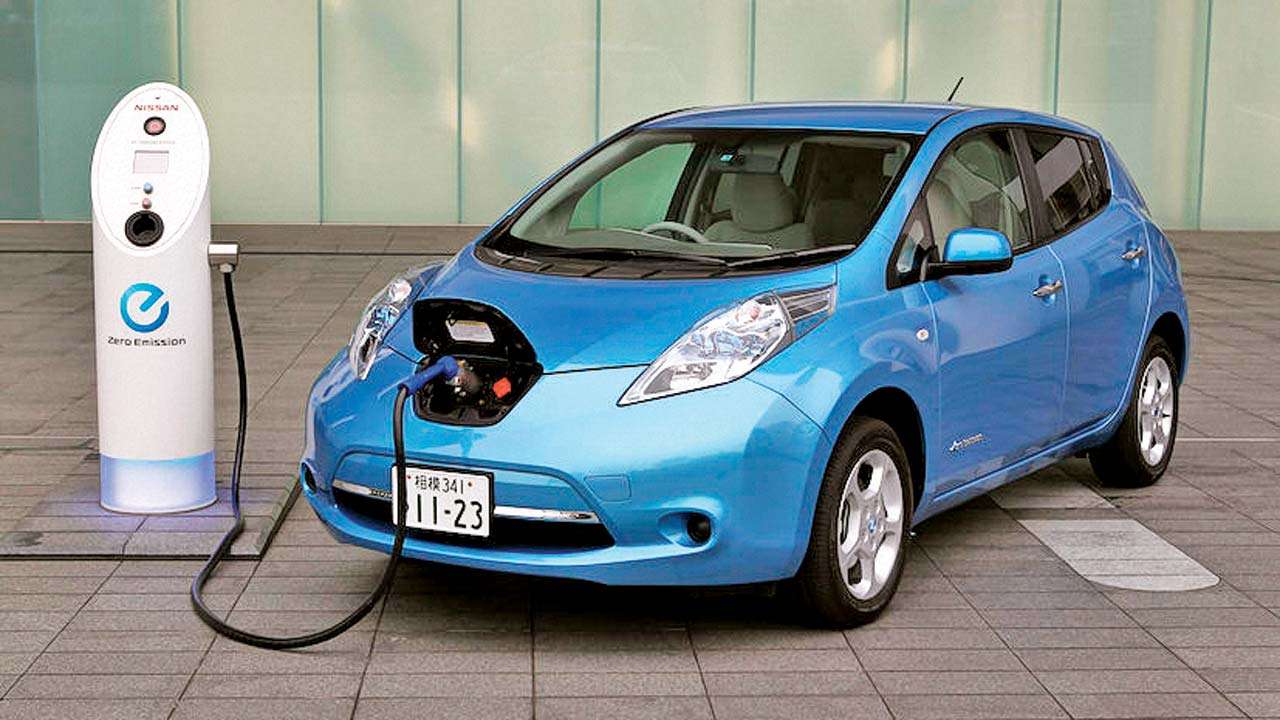South Korea’s car manufacturer Hyundai is exploring the possibility of jointly producing electric vehicles in Russia.
“We have already started work on new promising segments of vehicles,” said Denis Manturov, a spokesman for Russia’s industry and trade minister, speaking at the “Innoprom” industrial forum on June 8.
“Hyundai Motor Studio is currently in talks with the St. Petersburg Polytechnic University on creation of Russian-Korean engineering center for the development of electric cars and electric buses,” Manturov said while speaking in front of representatives of 600 companies from more than 20 countries, according to reporting by RIA Novosti.
While the electric car market in Russia is by no means large, it is expected to grow.
More than 1,700 electric cars were registered in the country as of January 1, 2018, according to a report issued by the AVTOSTAT analytical agency. Of those, 1,103 were Nissan Leaf models, followed by 283 Mitsubishi i-MiEV, 194 Tesla Model S, 68 Model X, 93 LADA Ellada, 26 Renault Twizy and four BMX i3 running on Russian roads. The number of electric vehicles increased by 92.5 percent in comparison to figures from the previous year.
China remains the giant in the electric vehicles (EV) market, both in the region and worldwide, as it accounts for more than 49 percent of global shares, according to the Electric Vehicle World Sales Database. There are a range of factors preventing this growth like lack of charging points, battery technology, price of electric cars and etc.
Growing the market in Russia means figuring out how cars can be refueled, or more accurately ‘charged’, which require special stations unlike petrol (gas) pumps. As the world’s largest country, stretching from the edge of Eastern Europe to the Pacific Ocean, Russia needs more charging stations in more places to provide cars with the necessary means to keep running.
As of the end of 2017 there were over 30 charging stations in Moscow, according to the Village, and 20 in St. Petersburg. Any other Russian cities with charging stations all have significantly less, making owning an EV less attractive for Russians residing and working outside of the country’s two largest metropolises.
The Russian power company Rosseti is working on creating a network of EV charging stations that would link the Russian exclave of Kaliningrad, sandwiched between Poland and Lithuania along the Baltic Coast, to the city of Vladivostok, just above North Korea in the Russian Far East. Rosseti signed an agreement in June of last year with the Administration of St. Petersburg and a subsidiary of Renault in Russia to work on developing EV charging station infrastructure.
In a country where hydrocarbons are plentiful and reap big profits for oil and gas companies, a push for EVs is a tough sell.
The CEO of Rosneft, Igor Sechin, does not believe gas-guzzling vehicles are going anywhere anytime soon. Speaking at the St. Petersburg International Economic Forum on June 2, 2017, Sechin said hydrocarbon vehicles will remain in high demand for a long time.
“Until the electric transport industry becomes as user-friendly and attractive for consumers as the cars with internal combustion engines, the prospects for electric vehicles remain largely uncertain,” Sechin said, referring to Oilprice.com.







 President Ilham Aliyev shed light on the evolving contours of the peace process with Armenia during an international conference in Baku this week. ...
President Ilham Aliyev shed light on the evolving contours of the peace process with Armenia during an international conference in Baku this week. ...
 Azerbaijan and Armenia started the process of demarcation of their border on Tuesday, with the installation of the first border markers based on ge...
Azerbaijan and Armenia started the process of demarcation of their border on Tuesday, with the installation of the first border markers based on ge...
 Armenian sappers commenced on Monday mine-clearance operations in the territories adjacent to the Saint Mary Church in village of Voskepar (Armenia...
Armenian sappers commenced on Monday mine-clearance operations in the territories adjacent to the Saint Mary Church in village of Voskepar (Armenia...
 Iran and Pakistan have signed eight cooperation documents in various fields, and agreed to strengthen ties to fight terrorism in the region.
Iran and Pakistan have signed eight cooperation documents in various fields, and agreed to strengthen ties to fight terrorism in the region.



